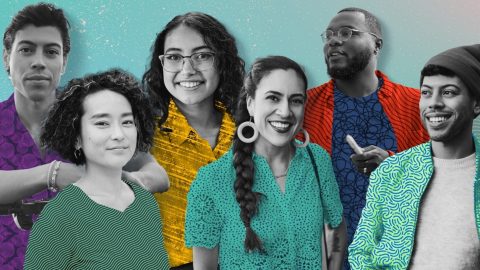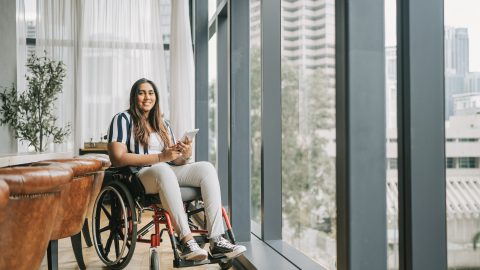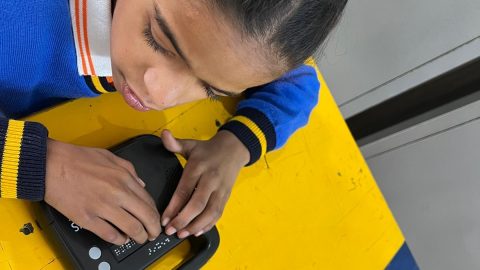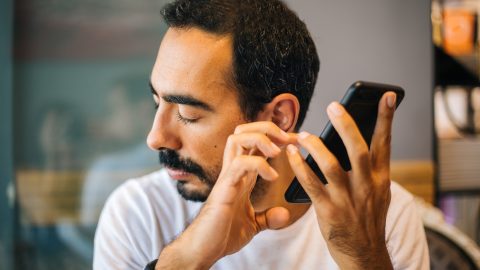Trip Report: Accessibility research conference, DSAI 2009, sponsored by Microsoft
The research presented at the 2009 DSAI conference proved to be representative sampling of the types of research happening in universities around accessibility. (DSAI: Development for Enhancing Accessibility and Fighting Info-exclusion) Areas of study included web 2.0 accessibility (e.g., tag cloud reader), mobility (from dexterity, wheelchairs, and navigating the physical world); speech control and speech engines; and vision imaging. I was especially interested in the research around cognitive disabilities, such as social networking ideas to support people with autism. Plus, there was some research around supplementing person-to-person communication, like computer recognition of facial expressions. There was also a compelling workshop demonstrating how motion sensors can be used to precisely capture, and analysis, physical movement. By calibrating the sensors, they can track gross motor movements and fine motor control. You can imagine the potential implications for assessing changes in physical ability as we age, or fine-tuning a prosthetic.
So, in sum, the conference was great food-for-thought and its promising to see academic research in accessibility deepening.
The conference web site is: http://dsai2009.utad.pt/.







